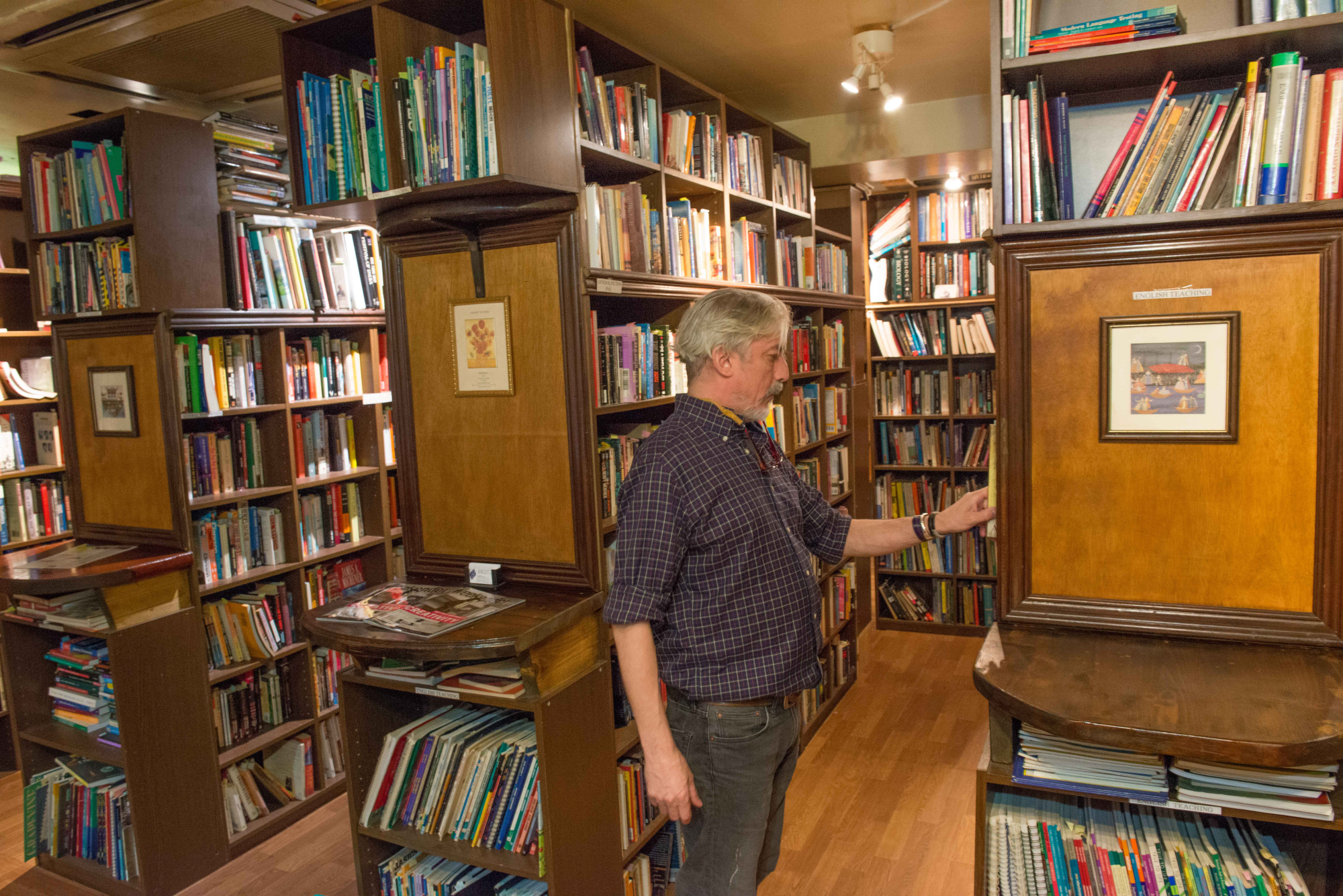The first floor of the crumbling art deco building where my daughter lives in Riga, Latvia, houses a well-patronized secondhand English bookstore. I've bought several titles there. It led me to wondering why a business of this kind, a social space for readers, can thrive in the tiny Latvian capital, but not in Tokyo.
The 2015 closure of Good Day Books in Gotanda seemed to many of its loyal customers like the final nail in the coffin. Beside the business of selling books, the store hosted a number of evenings where authors could present their new works. Over the years, guest speakers included the likes of Donald Keene, Edward Seidensticker and Donald Richie, arguably the most prominent expatriate figures in postwar writings on Japan. Richie was a regular visitor to the store. Pining for the existence of a literary salon in Tokyo, one akin to those found in prewar Paris, he lamented that, for the most part, he was condemned to live, "inside the library of my skull."
Privately run establishments of this kind — San Francisco's City Lights Bookstore springs to mind — are more than just shops, being literary landmarks and social spaces for a city's sophisticated reading community. Tokyo has a history of such stores, as well as a history of closures.



















With your current subscription plan you can comment on stories. However, before writing your first comment, please create a display name in the Profile section of your subscriber account page.